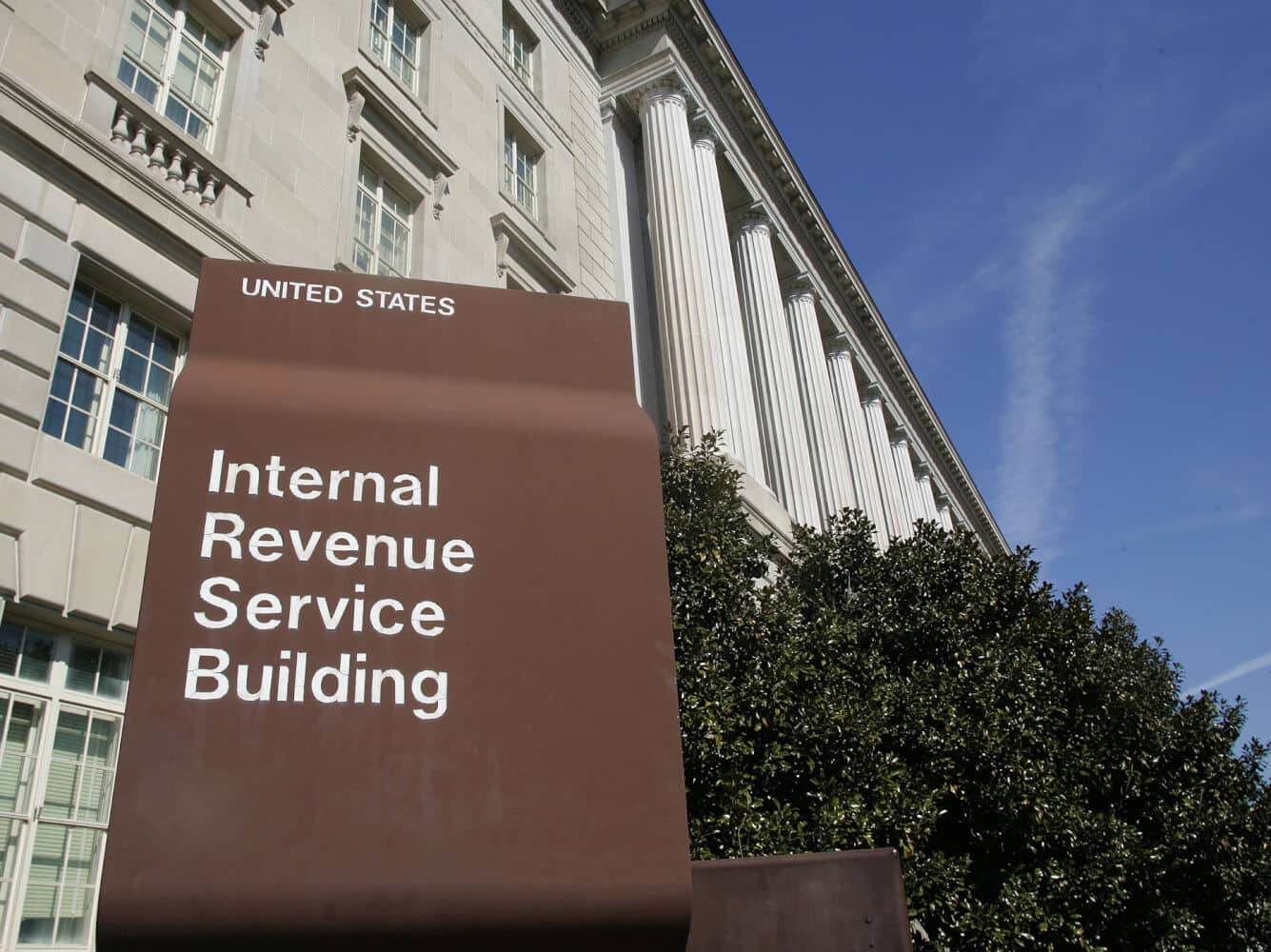President Biden’s “American Families Plan” is scheduled to be funded in part by an estimated $700 billion in additional tax enforcement over the coming decade. In his first 100 days in office, Biden signed the most talked about and the most expensive piece of legislation in years aimed at economic recovery, the $1.9 trillion American Rescue Plan Act.
According to the NY Times, as a way of funding this large-scale economic plan, Biden “is expected to propose giving the Internal Revenue Services and extra $80 billion and more authority over the next ten years” to investigate and prosecute tax evasion in corporations and high-dollar earners. Charles Rettig, the head of the IRS, told the Senate in April that the under-funding in his agency have cost the government an estimated $1 trillion every year.
What does additional IRS funding mean for small businesses? That depends on your company and tax strategy.
Creating a Level Playing Field – Enforcing the Rules
President Biden’s plan, along with other social measures, is to eradicate tax fraud and increase the taxation on corporations, high-income earners, and multi-national businesses. To keep those actors from hiding money, there will be new disclosure requirements tacked onto the new IRS power and funding.
This is a win and a competitive advantage for those corporations and pass-through entities that have been fairly reporting and paying taxes and continue following the rules. The less scrupulous businesses may be wondering what increased taxes and increased risks they are facing.
How increased IRS enforcement affects small businesses
Currently, pass-through businesses are a tax advantage as those businesses pay less tax on wages than a C-corp. In the 90’s, it was seen as a major tax advantage to un-incorporate and reorganize as a pass-through entity, especially for those high-income individuals. According to the Brookings Institute, 41% of the total tax gap from 2008 to 2010 was due to pass-through business owners underreporting their income for corporate income and payroll tax purposes. This type of underreporting is exactly what Biden is aiming to fix.
There are currently no defined plans on what the additional reporting requirements will be. You can read more in-depth about other proposed Biden tax reforms and their effect on small business here. The most likely change, in my opinion, will be:
- A reduction in the number of entities permitted to use pass-through deductions
- Increased scrutiny on the classification of S-corp reported wages
- An increase in audits overall.
No plan is going to launch overnight. The $80 billion to the IRS is set to be rolled out over the next decade. For those who are currently operating a pass-through entity, you will just have to wait for information on the outcome.
The Future of Small Business Tax Strategy
Tax problems become greater the more profit you generate and more creative tax accounting you participate in. If you are still posting an overall loss, these changes won’t have an effect on your business, yet. On the other hand, if you are generating owners’ income, you should take any proposed change seriously.
Here’s my strategy recommendation:
- Wait, nothing has been decided or signed yet.
- Schedule a strategy meeting with your fractional CFO, CPA, or financial advisor.
- Follow the tax laws and avoid creative tax solutions.
- Keep detailed records in the event of an audit.
- Collaborate with your team on your best tax strategy given the changes.
If your current CPA team is taking tax avoidance measures for you, I would recommend approaching them and asking them to be more conservative with their measures. If they are unwilling, it is time to begin your search for another one. With the probability of an audit on your firm growing, less-conservative tax filings will not be worth it if you are audited and ultimately fined.
If you do not have a CFO, you are missing the benefits of sound financial strategy. Schedule your free consultation with our team to discuss tax strategy or other challenges your business is facing.




